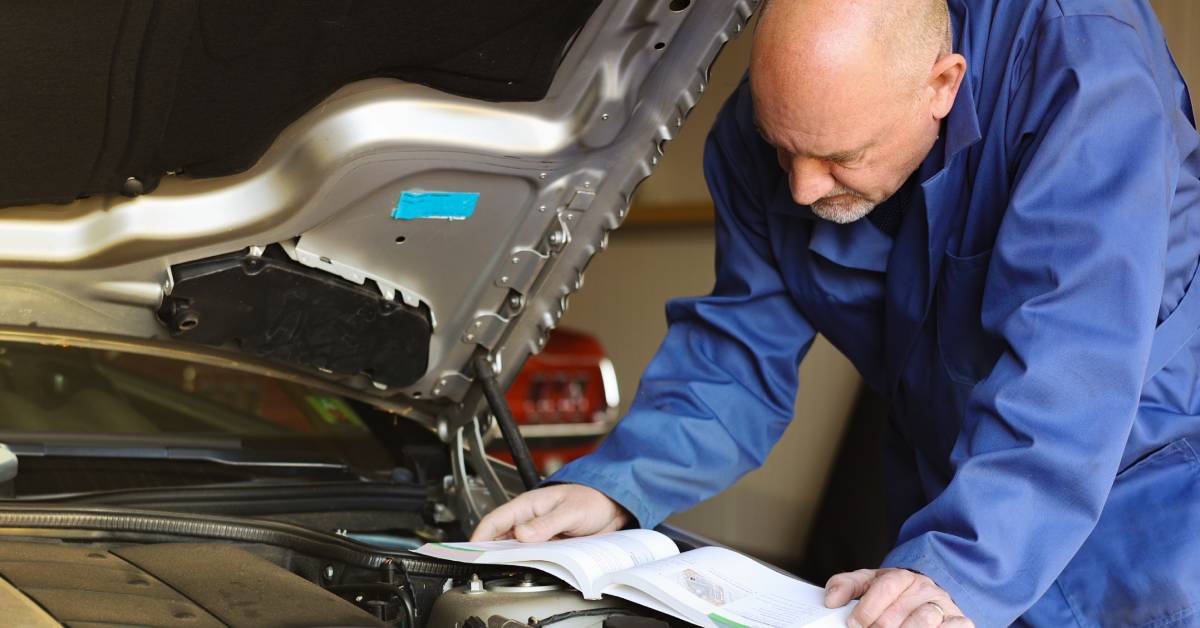If you own a vehicle with an internal combustion engine, it has coil packs. These small components play an essential role in your car’s ignition system, helping to create the spark that starts the engine. Coil packs can wear out over time and require replacement to maintain the optimal function of your vehicle.
How often do you need to replace your vehicle’s coil packs? Many factors are at play here; let’s explore them so you can do what’s best for your car.
100,000 Miles or 10 Years
You should typically replace the coil packs every 100,000 miles or every 10 years, whichever comes first. This prevents failures that could compromise engine performance. It also ensures that your vehicle runs efficiently over time. Replacing the coil packs prevents issues such as misfires, rough idling, or stalling, which could lead to dangerous situations on the road and leave you stranded.
Driving Habits or Operating Conditions
Certain driving habits or operating conditions may necessitate more frequent replacements of coil packs. Assessing your driving style and the road conditions can help you create a replacement schedule, which is essential for maintaining the condition of the engine. Consider the type of roads you frequently travel on and the typical weather patterns in your area.
Aggressive Driving
Aggressive driving, excessive acceleration, and sudden braking can strain the coil packs and wear them out quickly. These driving habits also increase engine temperatures and put a greater load on the ignition components, which can speed up degradation. Over time, this can decrease fuel efficiency and increase emissions, which negatively affects your wallet and the environment.
Extreme Temperatures
Driving in extreme temperatures, hot or cold, can reduce the lifespan of coil packs. Extreme temperatures can cause expansion and contraction of the materials, leading to potential damage over time. Constant expansion and contraction can be particularly problematic if you live in or frequently drive through regions with seasonal temperature fluctuations; it can quickly lead to coil pack fatigue or failure!

Stop-and-Go Traffic
If you frequently drive in stop-and-go traffic, you may end up wearing down your vehicle’s coil packs prematurely. Continuously braking and accelerating puts constant strain on the ignition system and coil packs. You may experience malfunctions while driving. This is especially true if you regularly drive in urban cities with a lot of traffic and where prolonged idling is almost impossible to avoid.
Type of Vehicle
The type of vehicle you own determines how often you need to replace the coil packs—different engine types experience various wear rates. Understanding the requirements of your vehicle, including its engine design and performance specifications, can help you determine the ideal timeframe to avoid premature failure of the coil packs and ignition system. Consulting your vehicle’s manual or a trusted mechanic can help you understand how the coil packs function in the ignition system so you can give it the care it needs to function optimally.
Turbocharger or Supercharger
Vehicles with a turbocharger or supercharger might need more frequent coil pack replacements than those without due to the increased demands on the ignition system. The additional power output requires the ignition components to be durable. A turbo or supercharger boosts engine power, which puts more stress on the ignition system and accelerates wear and the potential for failure. Good-quality materials maintain efficiency and prevent performance issues.
Warning Signs
Stay on the lookout for warning signs indicating that the coil packs need replacement. Some indicators of potential coil pack issues include engine misfires or stalling and trouble starting your car. Ignoring these signs can result in incomplete combustion, decreased fuel efficiency, and increased emissions. When you keep an eye out for these issues, you can prevent them from escalating into more serious problems that might require extensive repairs.
Ignoring These Signs
If you ignore indicators of worn-out coil packs, you can end up with severe engine damage. Thankfully, addressing issues as soon as you notice them can save you from complex engine repairs in the future. It can also help you maintain your vehicle’s reliability and performance. Timely intervention preserves the condition of your vehicle’s ignition system while prolonging the lifespan of the engine. Plus, you’ll only have to pay for minor repairs and replacements!
Replace All Coil Packs at Once
All of these points will help you determine the best time to replace your vehicle’s coil packs. Keep in mind that you should replace all coil packs at once to ensure even wear and performance across all cylinders. Simultaneous replacement, even if one is still in good condition, minimizes the likelihood of future problems. Taking this approach to vehicle maintenance promotes uniformity and reduces the risk of isolated failures, which can be especially beneficial for maintaining balanced engine performance.

Consult the Vehicle Manual
Be sure to consult your vehicle’s manual for the manufacturer’s recommendations on when to replace coil packs. The automaker might also suggest the ideal type and brand of coil packs that are compatible with your make and model. Checking the manual ensures that the coil pack replacements fit and function properly. The manual also provides valuable insights into maintaining your vehicle’s condition and can help you avoid common maintenance pitfalls. Following these guidelines will help you keep your car running efficiently while protecting your warranty in case any issues arise!
A general rule of thumb for replacing coil packs is every 100,000 miles or every 10 years. Still, it is important to be aware of the factors that will affect how often you need to change your car’s coil packs. Performing regular maintenance, paying attention to warning signs, and understanding your driving habits can all play a role in how often you need to replace the coil packs.
When in doubt, consult a trusted mechanic or refer to your vehicle’s manual for specific recommendations. If you’re wondering where to get coil pack replacements or you want DENSO parts for your Toyota vehicle, look no further than Yota Shop. We’re here to help you keep your Toyota’s ignition system in good working condition!

